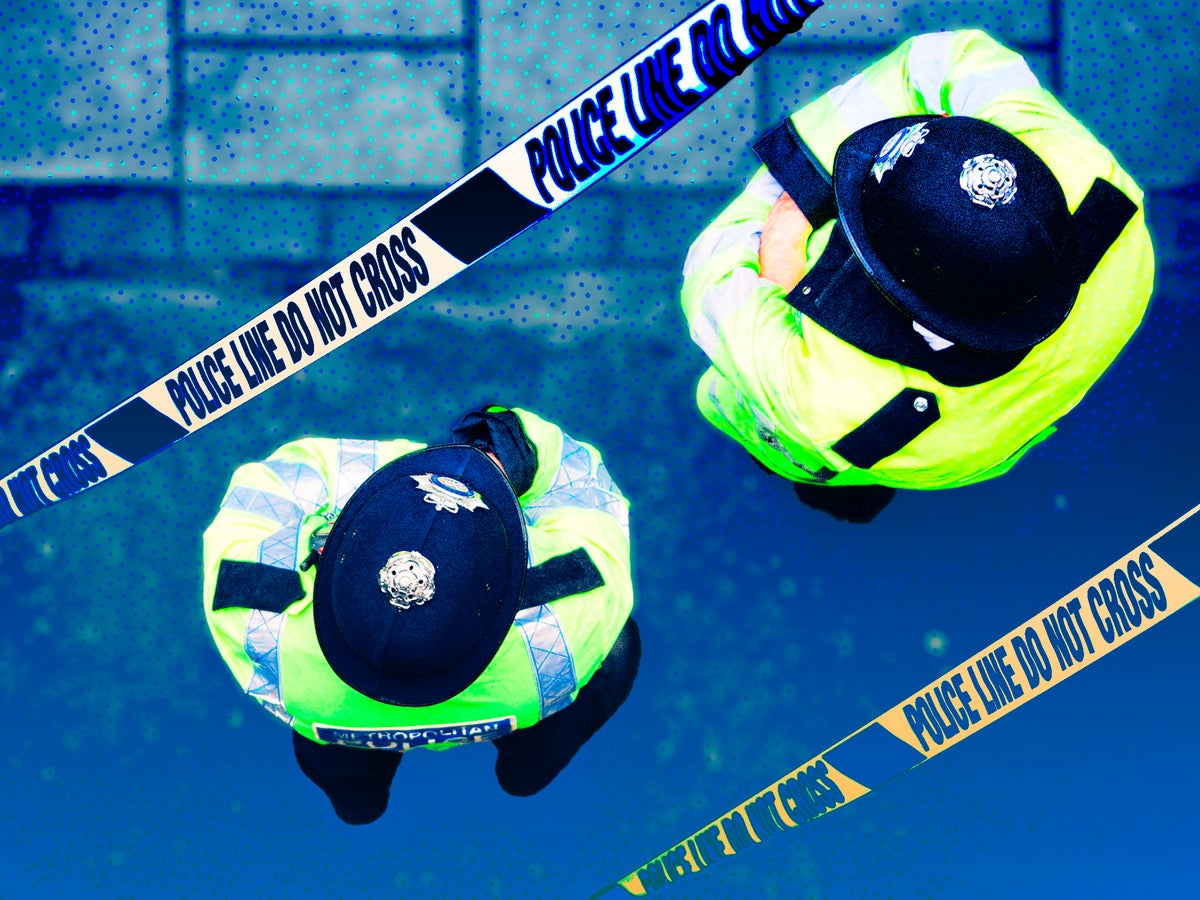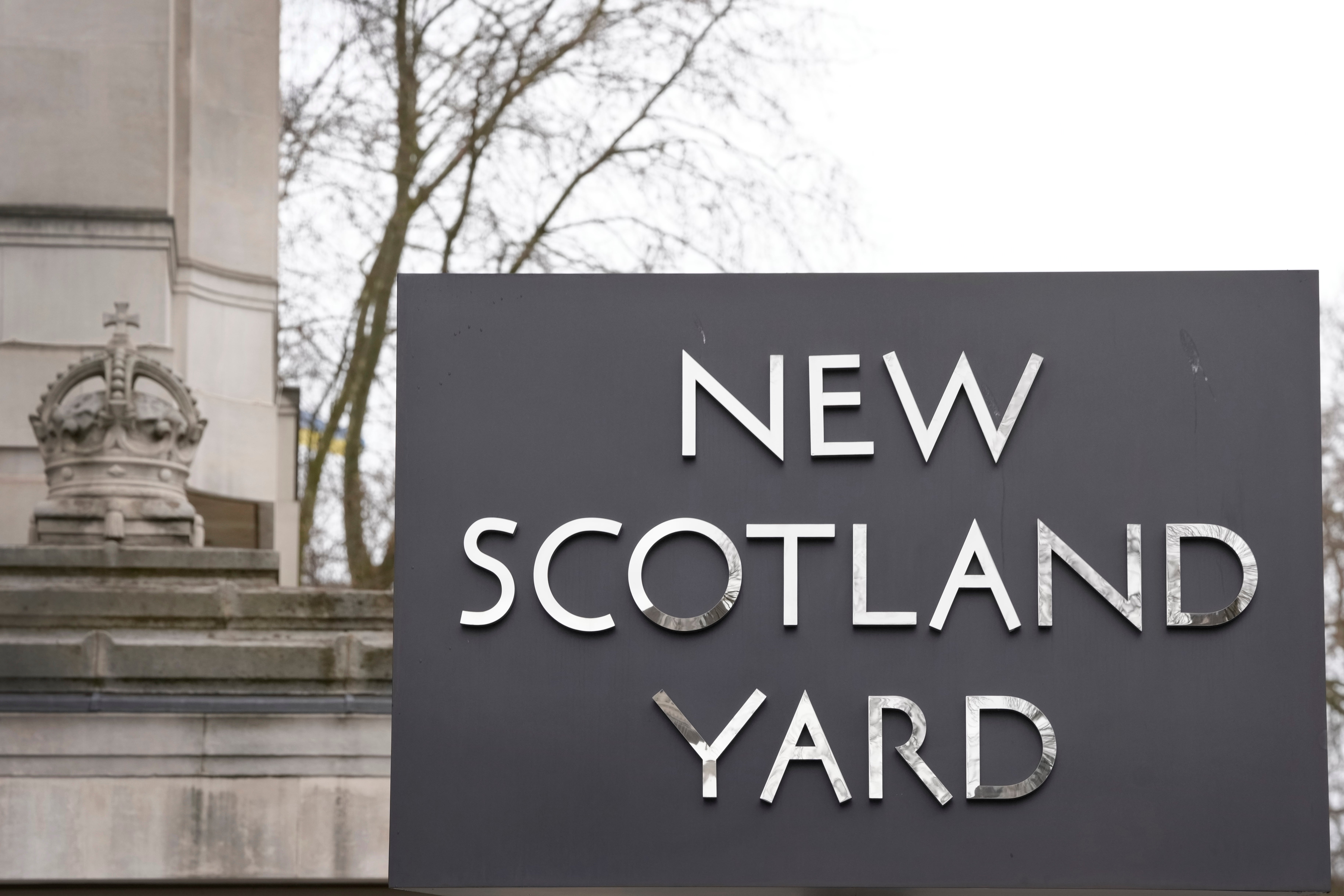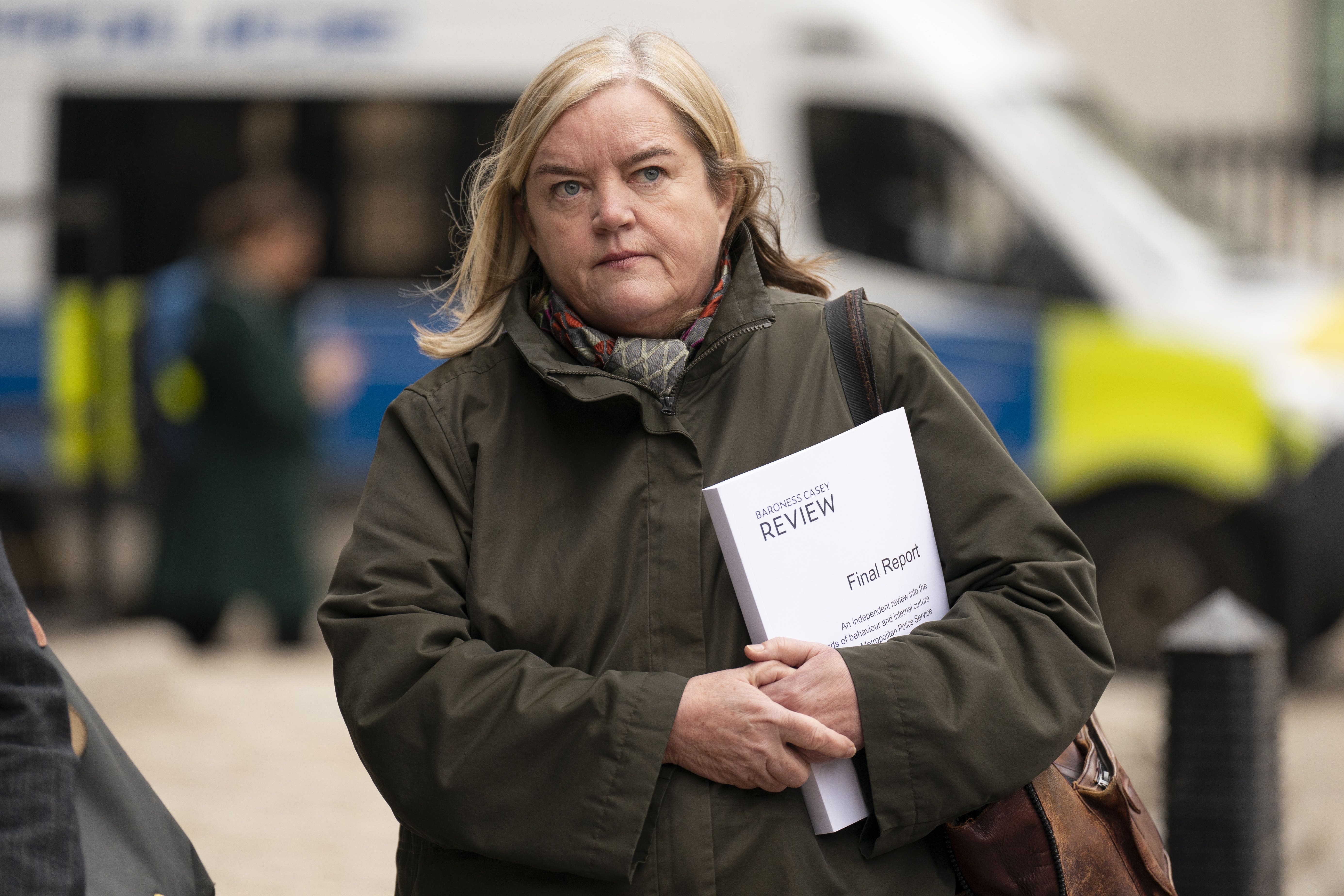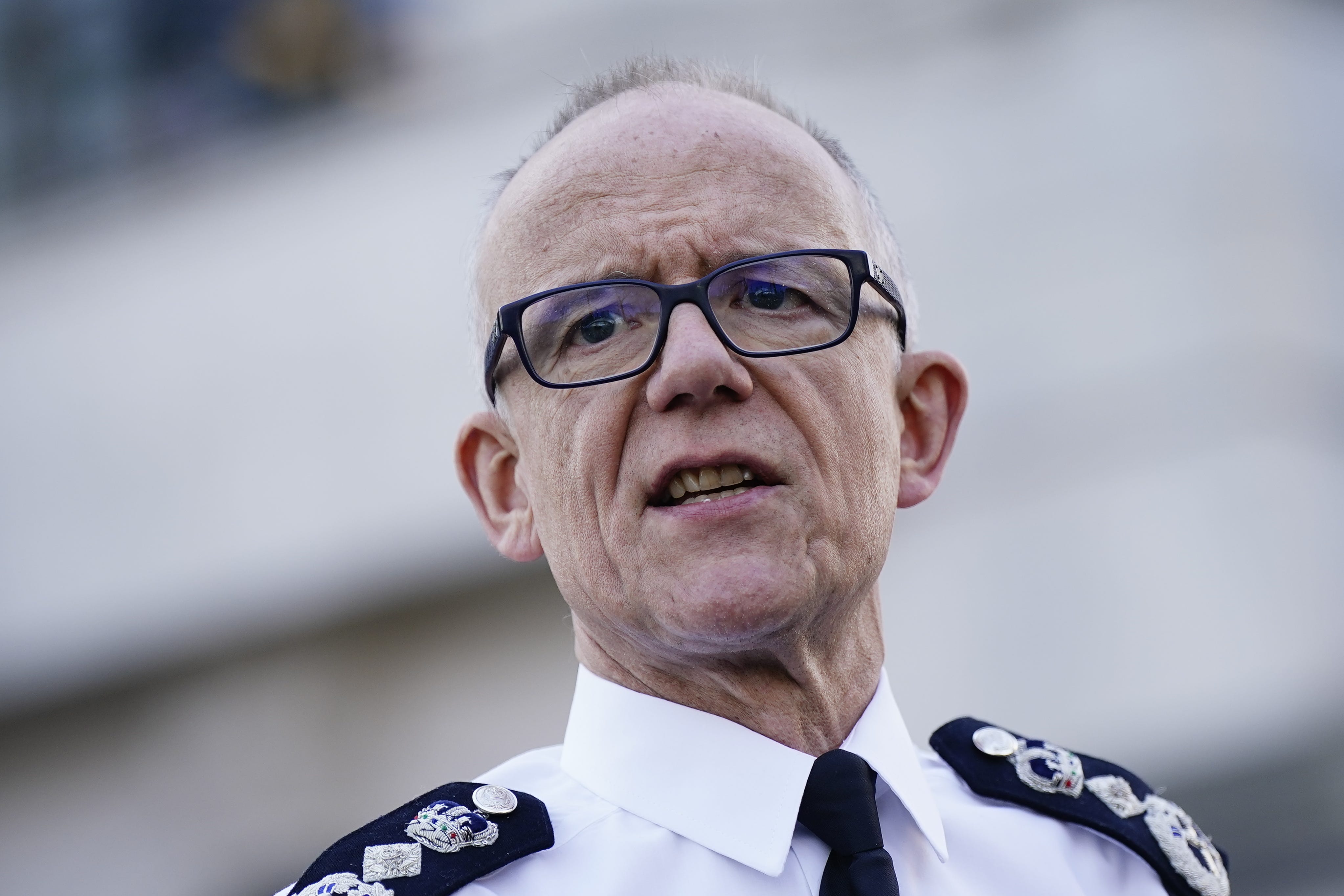
A serving female Metropolitan Police officer has spoken out about the “rampant sexualisation of women” in the force, after a damning review found it to be institutionally racist, misogynist and homophobic.
The woman, who has worked in the Met for over a decade, describes years of offensive sexual language and abuse directed at her and female colleagues.
The ethnic minority officer – who does not want to reveal more details about herself for fear of identification – tells of male peers describing her as “exotic”, with “animalistic characteristics” and their fascination with her race “almost like a fetish”.

Speaking to The Independent, she says: “You’re a curiosity. They take the racial tropes and add them to the female tropes and come up with something that piques their interest. You just have to be female – someone will come after you, someone will have you.”
Officers used the acronym “PLONK” she says, which stood for “people of less knowledge and intelligence”, to refer to female officers. The woman remembers another phrase that was bandied around, “‘If you’re not a bike, you’re a d***’, which means you’re either someone they can have sexual intercourse with or someone they can’t because you’re gay.”
Recalling one incident when she was still relatively new to her job in a room full of colleagues, she says: “Unbeknownst to me some man had squirted milky hand sanitiser on the back of my uniform to make it look like someone had ejaculated on me.
“I’m sure there were other people in on the joke – but I wasn’t in on the joke, and it wasn’t funny.”
She continues: “Especially when you’re meant to be in a job that’s meant to make other people feel safe. If that’s what you think of women and do at work, what do you do with the women that come to you and their only ask is that you help them?”
She says her overriding feeling when this happened was “fear because I took that as an act of sexual violence. I felt really vulnerable, afraid, angry, unsafe, and that I couldn’t trust my colleagues”.
When she reported the incident, she said this only worsened the situation for her, because “you have the perpetrator to deal with, but then if you report it you have the whole establishment against you”.

“I became a serious troublemaker,” she says. “A serious threat, a serious complainer, a serious problem. It’s not about this person being assaulted or abused – you become the problem.”
The female officer describes incidents like this happening “all the time”, with those in the force dismissing them as “banter”. She says: “This report doesn’t mean anything to anyone who’s been saying this has been happening all the time.”
Baroness Louise Casey’s review, commissioned in the wake of Sarah Everard’s murder, has laid bare in more than 300 pages a series of grave concerns about the Met’s culture and standards.
Released on Tuesday, the final report found a “culture of denial” has allowed predators to flourish in the force. Baroness Casey said she could not rule out more offenders like murderer Wayne Couzens and serial rapist David Carrick lurking in Britain’s largest force.
Commissioner Sir Mark Rowley accepted Baroness Casey’s “deeply troubling diagnosis”, and that the force contains racists, misogynists and homophobes, and has systemic failings, but he refused to adopt the labels of institutional racism, misogyny and homophobia.

While feeling “really sad”, the female officer The Independent spoke with says she was neither shocked nor surprised about the report’s findings nor about Sir Mark’s response.
“If the commissioner accepts there is institutional racism, misogyny and homophobia within the force, then he will also have to admit or acknowledge that those deep-rooted prejudices are the building blocks of his career.”
She describes her lack of faith in any meaningful change following the report, “because this stuff has been happening for ages and is absolutely interwoven into the fabric of the organisation”.
She says: “The experiences I’ve had are not unique. That’s the most frightening part.” She also points to the awful irony that “the organisation that is meant to be there to protect you can also make you feel so unprotected”.
Deborah Coles, chief executive of the INQUEST charity, said lessons had not been learned in the past. “There has been a succession of critical reports and reviews of the police followed by the hollow words that ‘lessons will be learned’.”
She called for “meaningful structural change”, saying: “Policing has proven itself incapable of reform. Without those at a leadership and corporate level acknowledging and accepting these problems as institutional, there can be no change. We need to urgently rethink policing and invest resources into communities."
Deputy Assistant Commissioner Helen Millichap, the Met’s lead on violence against women and girls, has said, “We know we have much more to do and we are working hard to improve so that women and girls feel safe, and have confidence in our service to them.”
She encouraged victims to come forward in the wake of Baroness Casey’s report, saying: “You will be listened to and supported by the Met and specialist support services, with respect and dignity. Allegations will be investigated fully, whoever the suspect.”
A spokesperson for the Metropolitan Police responded to The Independent: “Those who came forward to provide evidence as part of this review were rightly provided with anonymity. We have asked Baroness Casey and her team to provide us with any available details, while respecting that anonymity, to allow us to look further into the serious specific issues raised.
“We have also made clear that should any of those people wish to raise issues with our Directorate of Professional Standards we will absolutely facilitate that.”







